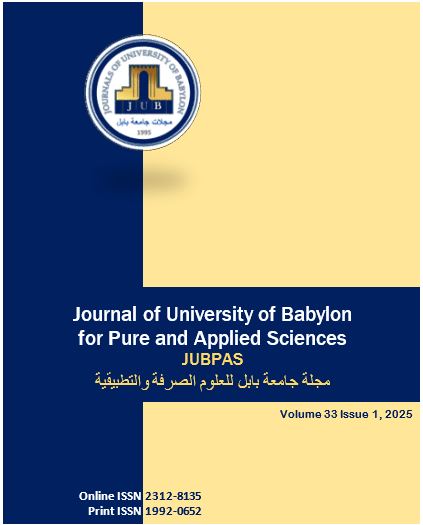PPRCA: Privacy-Preserving of Raft Consensus Algorithm a Next-Generation Consensus for Distributed Network
Main Article Content
Abstract
Background: Even while traditional Raft is effective at leader election and log replication, it is not appropriate for sensitive applications like supply chains, financial systems, or healthcare because it lacks built-in privacy safeguards.
Materials and Methods: A privacy-preserving Raft consensus method is proposed to solve the privacy issues that occur when private information is transferred between nodes in a distributed system such as a blockchain. Raft itself, by default, does not provide any steps toward ensuring data confidentiality during consensus. By employing privacy-preserving cryptographic techniques like homomorphic encryption and zero-knowledge proofs, nodes can reach consensus while keeping sensitive data private.
Results: Traditional Raft performs much better in scenarios where performance matters, while Privacy-Perving Raft works better in a sensitive application to privacy (the average of write throughput is 5% lower than that of traditional Raft) and CPU is 40-60%.
Conclusion: Based on the gained privacy by some computational costs, it will be valid to draw the conclusion that this works for privacy-sensitive applications within decentralized systems with these performance and security analyses.
Article Details

This work is licensed under a Creative Commons Attribution 4.0 International License.
